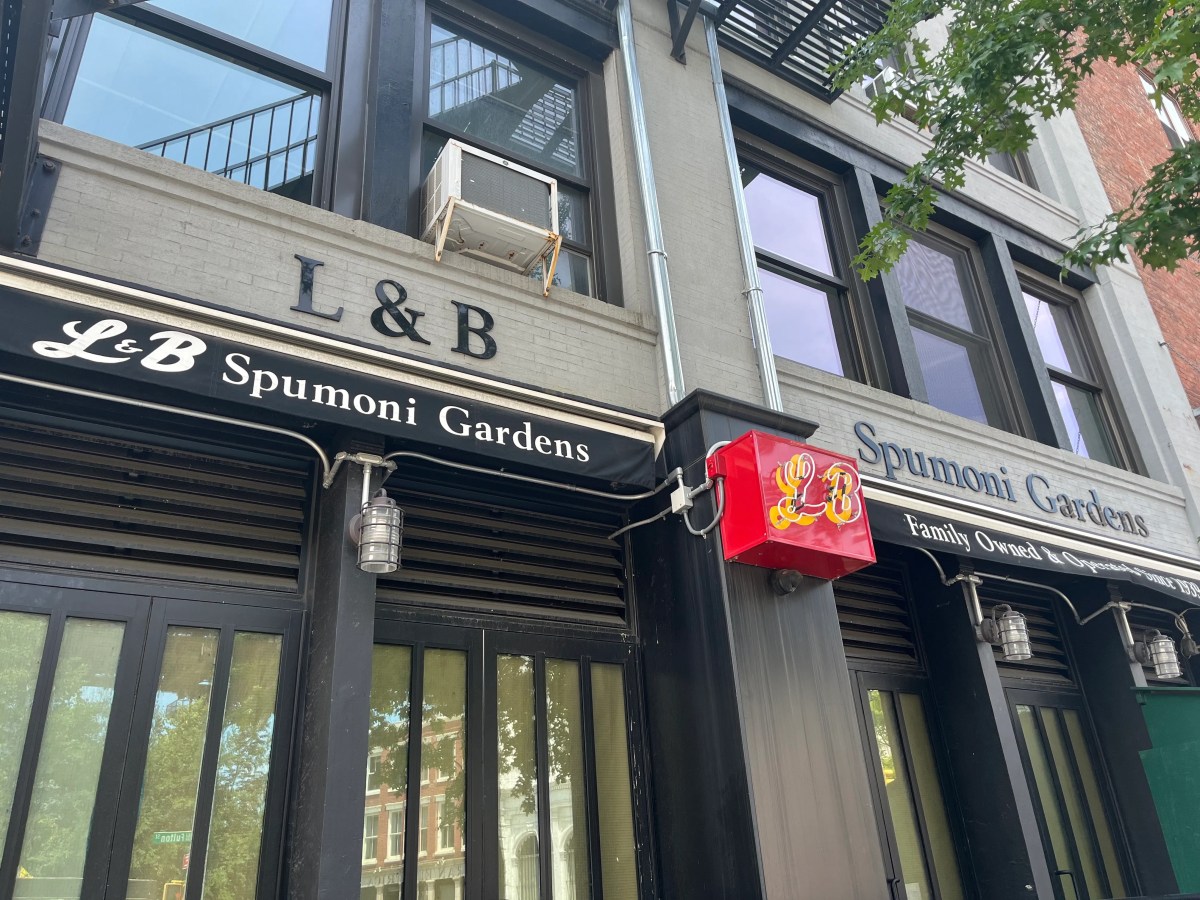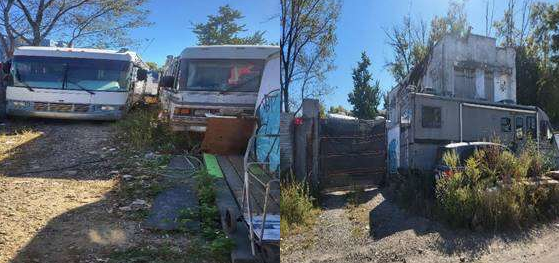Food vendors who work over charcoal grills and gasoline generators could breathe easier if they are lucky enough to score one of 500 free eco-friendly carts under a pilot program.
Sleek food carts that use solar power, a rechargeable battery and lower-emission natural gas will be offered to vendors in the mobile food business who want to ditch the smoky, propane-gas fueled street meat carts.
“We know, anecdotally, that many vendors have respiratory problems,” said Sean Basinski, director of the Street Vendor Project. “That would make sense if youare standing over a charcoal grill 10 hours a day.”
Plus, workers are standing just a few feet away from gas generators that power their carts, in addition to the exhaust they inhale from standing near a constant flow of vehicle traffic, Basinski said.
The city, which regulates food vendors through the Health Department, caps permits at 3,000 year round, and up to 4,000 in the summer, according to Basinski.
Morad Nawar, 28, who was selling shish kebabs near Macy’s in Herald Square Tuesday, said the propane fumes and the intense smoke billowing up from the hot grill were definitely a problem.
“This charcoal grill is no good, too much smoke,” said Nawar, who lives in Jersey City and is originally from Egypt. “It’s not good for health.”
Anisa Moloney, a co-owner of Luzzo’s Pizza Cart, said she appreciated the environmental benefits the new carts offer, but cannot give up her specially designed carts fitted with wood-burning ovens.
“I think it’s great, it helps the atmosphere,” Moloney said. “I wish I could.”
The modern carts from MOVE Systems — called the MRV100 — were on display at a news conference Tuesday, featuring Brooklyn Born Food and Coyo Taco serving up delicacies. City Council Speaker Melissa Mark-Viverito and Councilman Donovan Richards, who chairs the environmental conservation committee, were on hand to welcome the carts to the pilot program.
The MRV100 — measuring five-feet wide, 10-feet long and eight-feet high — has restaurant-quality ventilation and refrigeration and a quieter, cleaner power system.
So far, about 100 leases have been signed and they will start to hit the streets after Memorial Day through the end of the summer, with all 500 carts in use by this time next year, according to CEO James Meeks.
Vendors who want to make the switch can sign up at the company’s website and check out the models at the company’s Long Island City showroom, according to Meeks.
Once the 500-cart pilot is met, vendors can renew their lease, while the company continues to put more MRV100 on streets at no cost to the proprietor; the carts have not been priced for sale, Meeks said.
“There’s some traditional halal vendors, traditional hot dog vendors, people with specialty cuisines — all those types of culinary experiences can be accommodated,” he said.
Meeks said he wanted to test his company’s carts in New York City, which has “the most vibrant and established ecosystem” for food carts. That means a lot of pollutants and emissions.
“They’re going to be working in a much safer environment,” Meeks said.




































